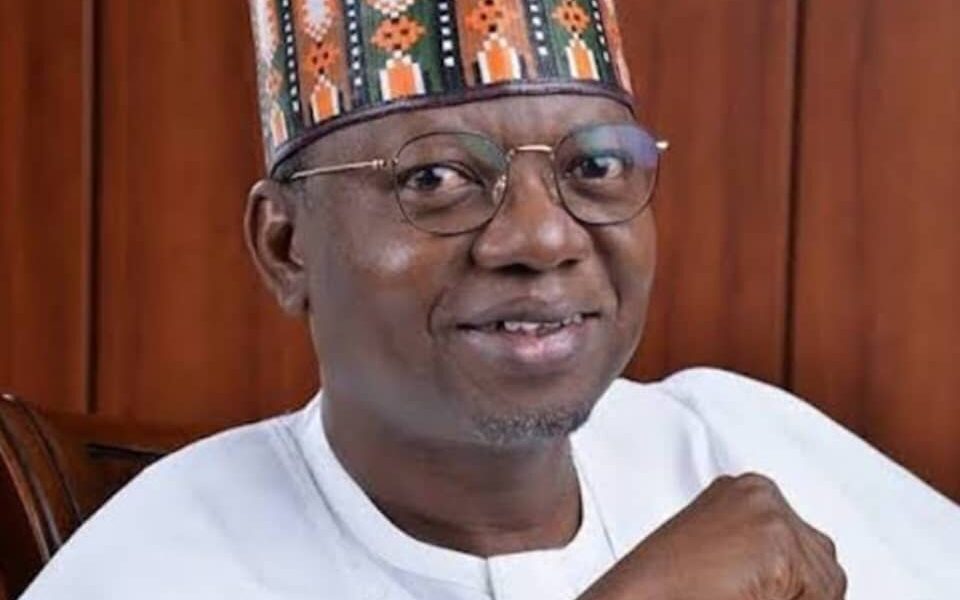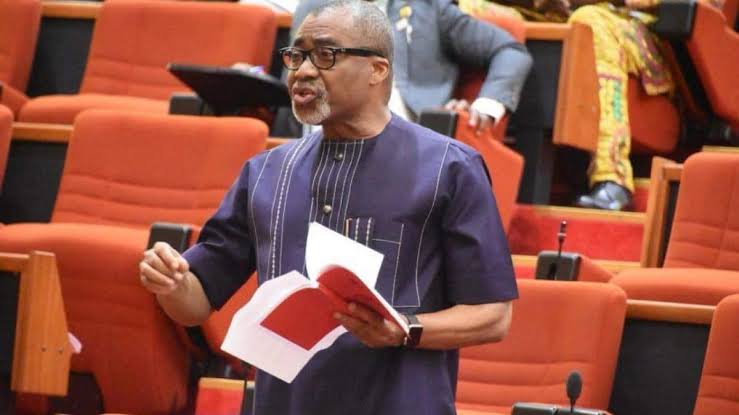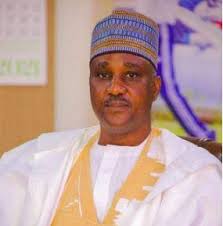The Nigerian Senate has introduced a Bill seeking the establishment of a federal agency for the conduct of local government elections in Nigeria
This is coming following the landmark judgment full autonomy to local government areas as pronounced by the Supreme Court on Thursday last week
The Bill, sponsored by Sani Musa, the Lawmaker representing Niger East was read for the first time during plenary.
The Supreme Court had ordered the federal Government to forthwith pay allocations due to Local Government from the federation account directly to the LG councils, a landmark judgement that grants LGs financial autonomy.
The Apex Court also ruled that governors do not have any constitutional power to dissolve democratically elected local government councils, and declared caretaker committees set up by state governments as unconstitutional.
The Seven-man panel of Justices delivered the judgement in the suit filed by the federal Government against the 36 state governors seeking full autonomy for the 774 local governments in the country.
The Bill is titled, “Local Government Independent Electoral Commission (Establishment) Bill, 2024 (SB. 531)”

The bill, sponsored by the Chairman, Senate Committee on Finance, Senator Sani Musa, ( APC, Niger East) passed first reading at plenary.
Part of the draft bill read, “To establish the National Independent Local Government Electoral Commission (NILGEC) responsible for conducting elections to the office of the Local Government Chairman and Councilors, and any other matter thereof to do with local government as a third tier of government.
“The National Independent Local Government Electoral Commission (NILGEC) is hereby established as an autonomous body mandated to organize, oversee, and conduct elections for the offices of Local Government Chairman and Councilors across all states.”
The proposed legislation listed the functions and powers of NILGEC to include conduct of free, fair, and transparent elections for Local Government Chairman and Councilors.
Other functions are, “To prepare and maintain an accurate and up-to-date voter register.
“To ensure voter education and public awareness regarding the electoral process.
“To set and enforce electoral guidelines and regulations for Local Government elections.
“To recruit and train electoral officers and staff for efficient election management.
“To monitor and supervise all electoral activities and processes.
“To investigate and adjudicate electoral disputes and grievances.”
The bill indicated that NILGEC shall consist of a Chairperson and six Commissioners, appointed by the President and confirmed by the Senate.
It read, “The Chairperson and Commissioners shall serve for a term of five years, renewable once.”
On its Independence and Autonomy it stated that NILGEC shall operate independently, free from external influence and interference.
It read, “The Commission shall have its own budget, approved by the National Assembly, to ensure financial independence.”
On the electoral process and procedures, the bill states that NILGEC shall develop and implement procedures for voter registration, candidate nomination, and the conduct of elections.
It read, “NILGEC shall ensure the provision of necessary electoral materials and logistics for the smooth conduct of elections.
“NILGEC shall announce the election schedule at least six months before the date of the election.
“Elections for the offices of Local Government Chairman and Councilors shall be conducted every four years.”
On the electoral offenses and penalties, it explained that NILGEC shall define and enforce penalties for electoral offenses, including but not limited to voter fraud, ballot stuffing, and electoral violence.
“Offenders shall be prosecuted and punished in accordance with the laws of the land.
“NILGEC shall collaborate with other relevant government agencies, security forces, and civil society organizations to ensure a secure and credible electoral process.
“Upon the establishment of NILGEC, all powers and functions related to the conduct of Local Government elections previously vested in any other body or authority shall be transferred to NILGEC.”
The proposed Bill according to the draft, “shall come into effect upon its passage by the National Assembly and assent by the President.”




